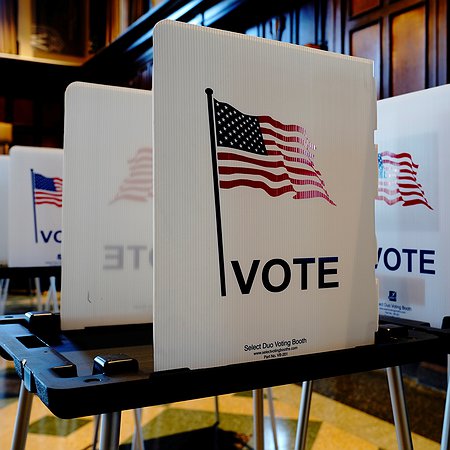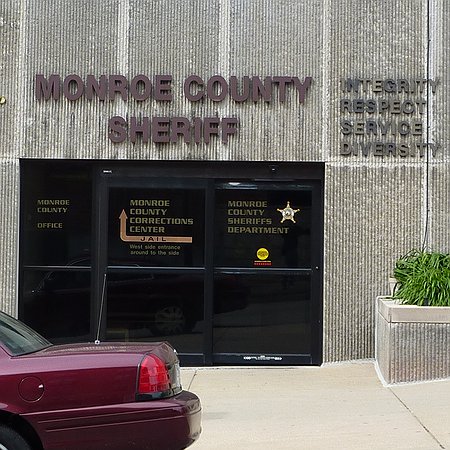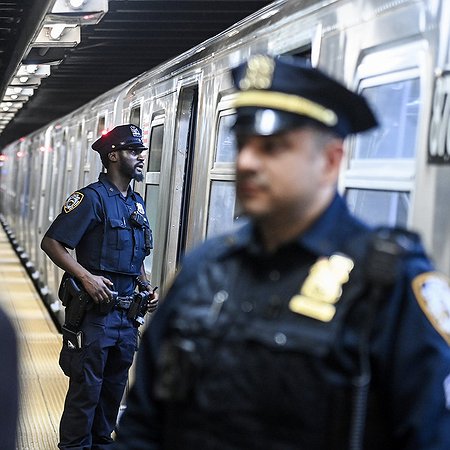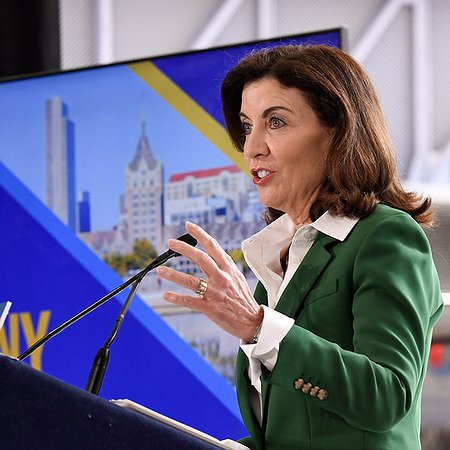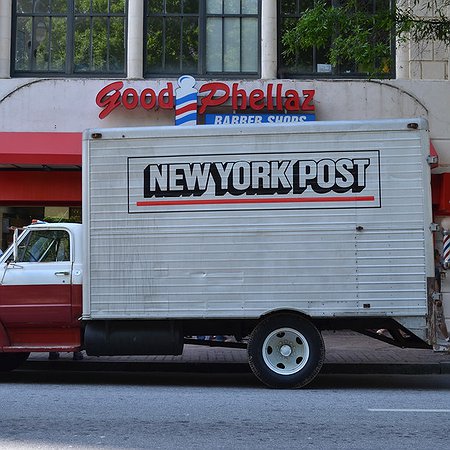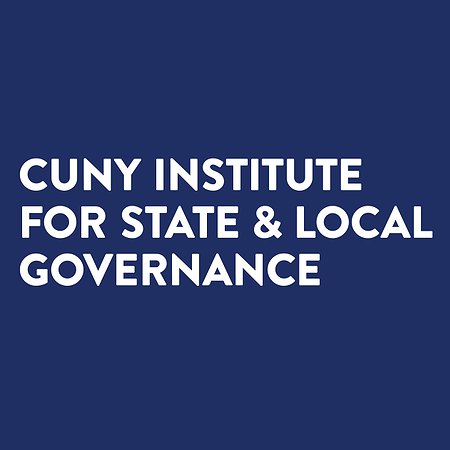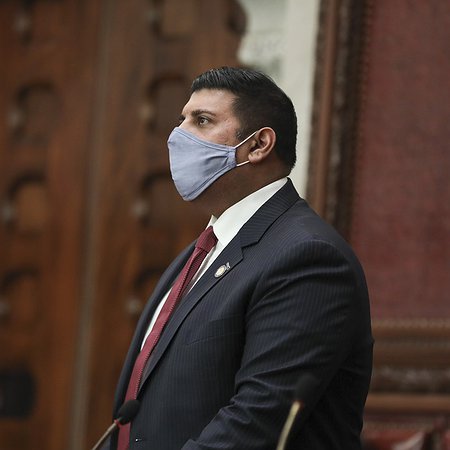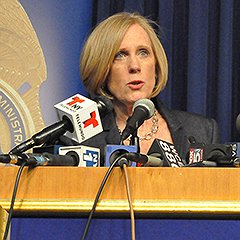NYPD Commissioner Lies About Bail Reform, Calls for Racist “Dangerousness” Standard
NYPD Commissioner Keechant Sewell has joined calls to roll back bail reform, falsely claiming that judges are legally prohibited from ever setting bail.
The Briefing
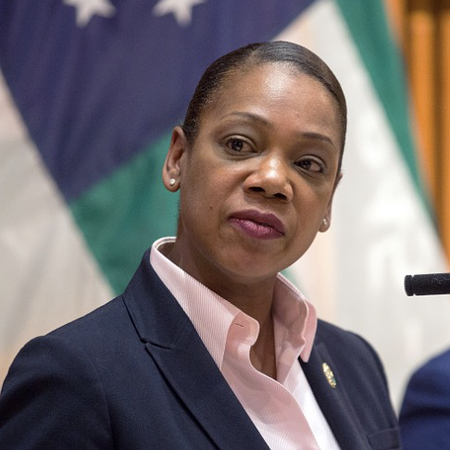
Like her predecessor, NYPD Commissioner Keechant Sewell has joined calls to roll back bail reform by spreading lies about the way the law functions. Sewell falsely claimed that “judges are legally prohibited from ever setting bail — even if the same burglar or car thief commits the same crime every day and ends up in front of the same judge.” This is a lie. The law, C.P.L. § 510.10, defines bail-eligible charges. These include felonies classified as violent, certain misdemeanors including sexual offenses, any charge against a person on parole or probation, and certain rearrests for otherwise non-bail-eligible charges.
Sewell also called for the implementation of the overtly race-based “dangerousness” standard, as well as an increase in debunked “broken windows” policing tactics. None of the Commissioner’s proposed initiatives are supported by data.
Deeper Dive
Referring to bail reform as the “no-cash bail law,” a misnomer driven by misinformation pushed by the paper itself, The New York Post claimed that a “series of high-profile cases in which people were released without bail and break the law again” have spurred calls to roll back the law. The Post has been the subject of multiple briefings and other public condemnations for its insistence on falsely blaming the bail law in high-profile cases. Disinformation pushed by media and anti-reform officials have manipulated public perception, and citing public opinion as justification for rollbacks without explanation or acknowledgment of this fact is a glaring and intentional omission.
The effects of this concerted disinformation effort could be catastrophic: The Post also states that Governor Kathy Hochul may move to roll back the law in the upcoming New York State budget, a policy change that would pose an immediate threat to hundreds of thousands of New Yorkers who are presumed innocent while facing low-level charges but are too poor to pay cash bail.
Sewell made these claims during an interview with grocery store owner John Catsimatidis, a former mayoral candidate who has championed clandestine facial recognition surveillance and increased police crackdowns on food theft by poor people. The interview also features the introduction of the NYPD’s newest iteration of it’s “anti-gun” units, which have undergone cyclical rebranding efforts following high-profile murders and abuses of New Yorkers by police. After officers with the Street Crime Unit faced criticism for racist abuse in the 1990s culminating in the murder by its members of Amadou Diallo, the unit became the Anti-Crime Unit—functionally the same, down to the officers assigned, but with a new name. After the Anti-Crime Unit became notorious for similar abuses and the deaths of New Yorkers including Shaheed Vassell, it was renamed the Public Safety Unit. Facing the same criticisms, given the same police practices, the Public Safety Unit is now the newly-introduced slate of Neighborhood Safety Teams.
Like the intense public relations push by the NYPD, Commissioner Sewell, and the Mayor around this unit, the anti-reform positions advanced in this interview are a defense of failed and harmful strategies.
